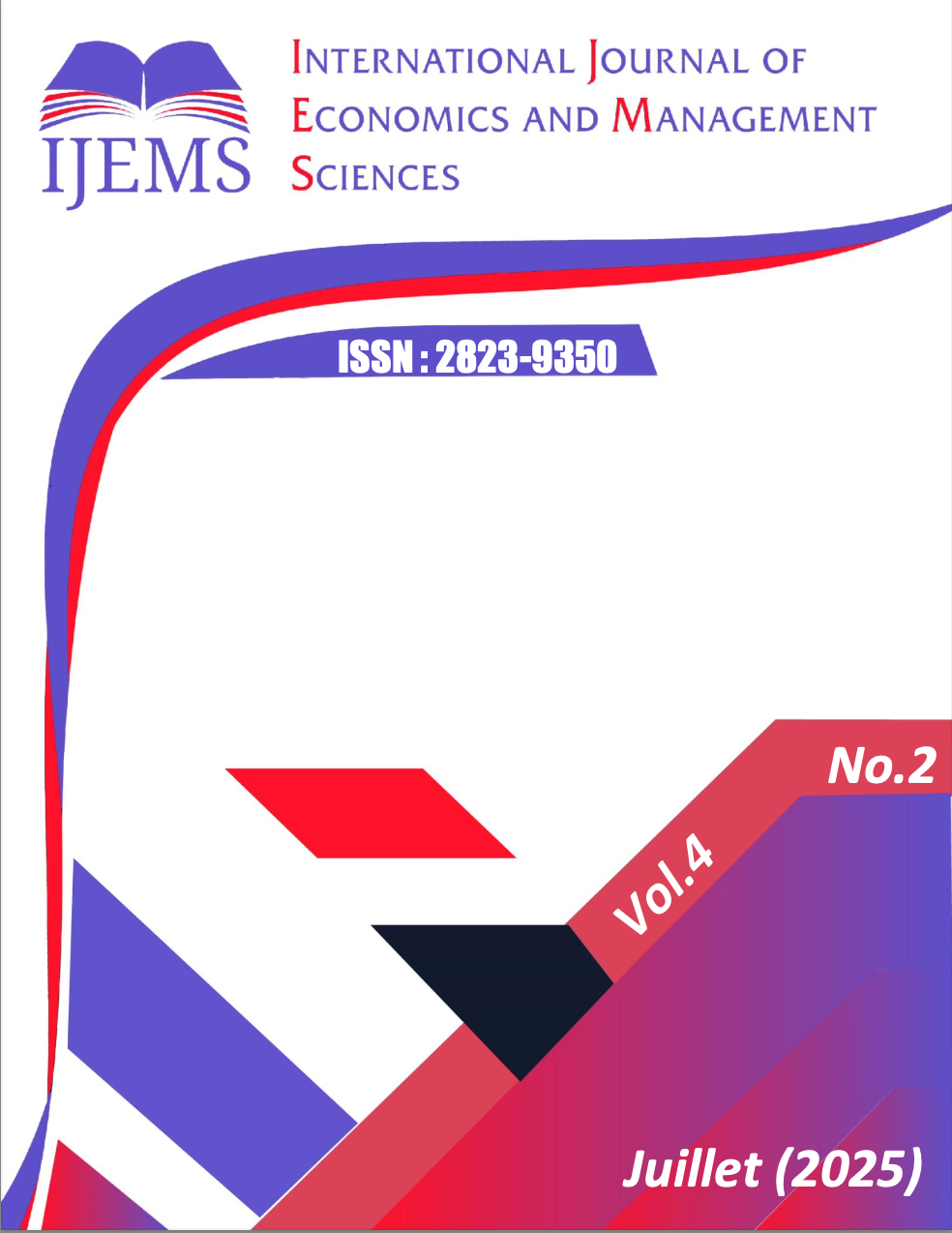Territorial Governance 2.0: Digital Influence as a Lever for Smart Territories
Keywords:
Territorial governance 2.0, Territorial attractiveness, Smart territories, Digital influence, Citizen participationAbstract
In the context of accelerated digital transformation, territorial governance is undergoing a profound shift. The emergence of smart territories represents a strategic response to the complex challenges of local development. This research analyzes the structural role of digital influence in reshaping governance practices at the territorial level. Based on an empirical study conducted with 100 territorial actors, the findings reveal strong correlations between the use of digital tools and four key dimensions: territorial visibility, citizen participation, perceived legitimacy of public policies, and territorial branding.
Territorial governance 2.0 is defined by the integration of digital technologies, stakeholder engagement, and interactive communication. Far from being a mere communication tool, digital influence becomes a strategic lever for enhancing public engagement, transparency, and democratic innovation. However, this evolution also raises challenges related to the digital divide, cybersecurity, and the representativeness of influencers.
Adopting a multidisciplinary approach, the study draws on four theoretical frameworks: the digital public sphere, collaborative governance, actor-network theory, and digital social capital. It invites a rethinking of territorial governance as an adaptive, participatory, and digitally mediated process one that aligns with the imperatives of sustainable, inclusive, and resilient territorial development.


















